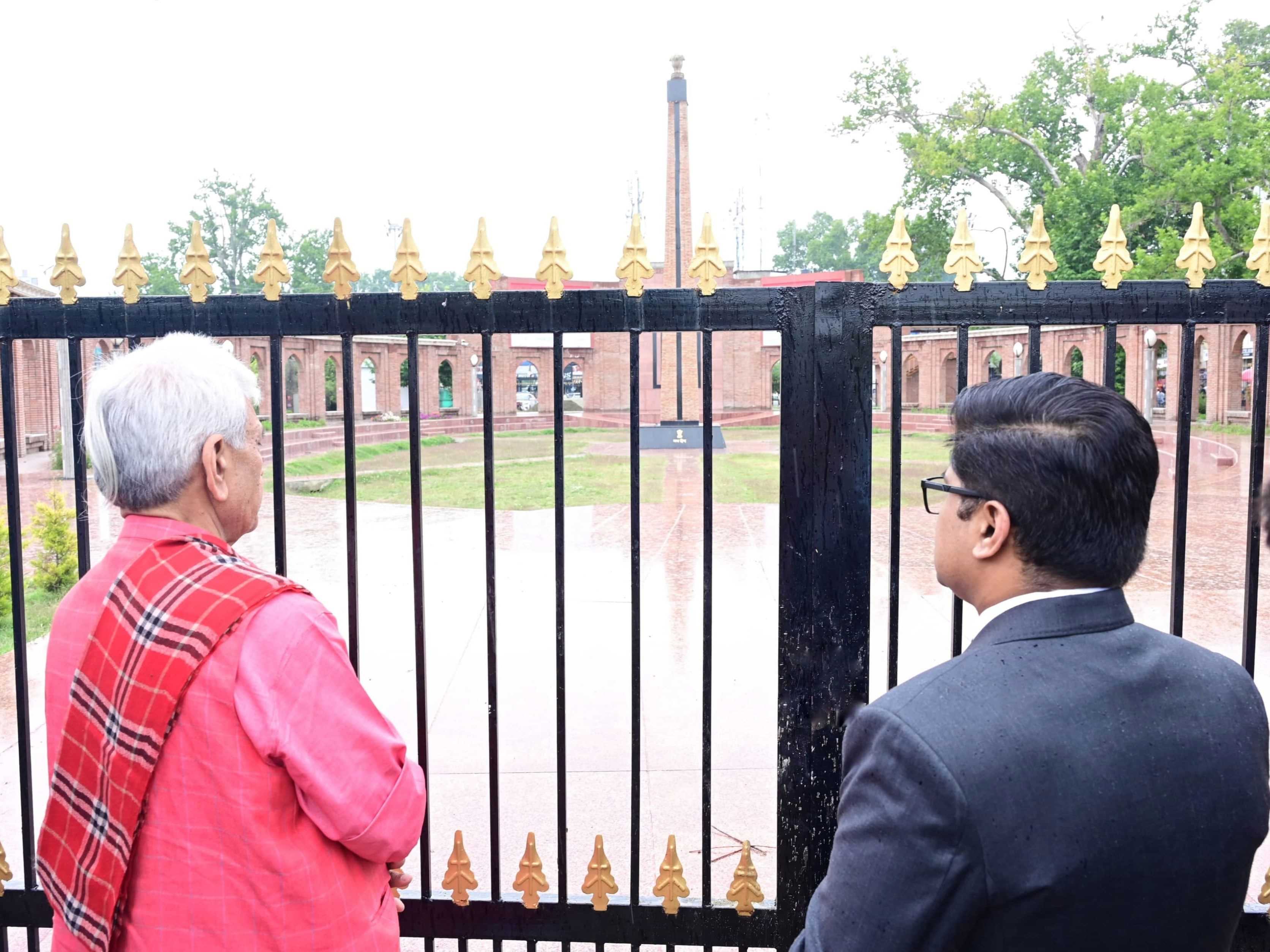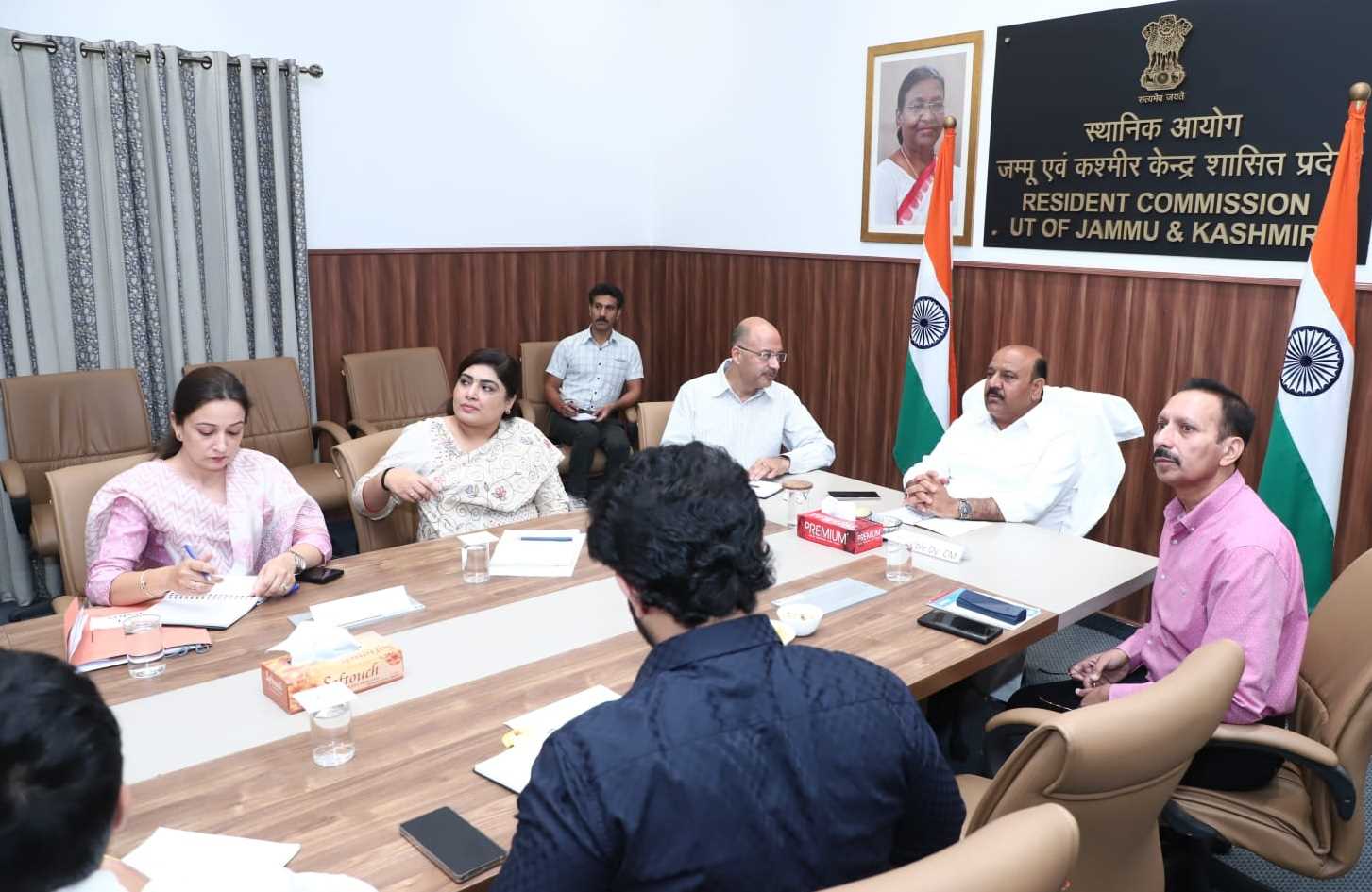In today's society, it has become almost commonplace to hear someone say, "I am depressed." However, while the phrase is often thrown around lightly, the reality of mental health issues like depression and anxiety is far more serious and less common than it appears on the surface.
Since childhood, most of us have grown up in environments where physical illness receives immediate attention—our families rush us to doctors when we are unwell. But mental health remains neglected, especially in conservative households. Even when problems become serious, they are often dismissed or misunderstood. Over time, this lack of attention manifests in ways we never anticipated—anger issues, overthinking, hypersensitivity, and emotional breakdowns. Mental health struggles can emerge at any stage of life and not just due to childhood trauma or anxiety.
Worryingly, around 90% of youth today rely on sleeping pills or antidepressants, trying to find relief in a system that often overlooks the root causes of their distress.
Causes of Depression Among Youth
Unemployment and Lack of Opportunity
One of the leading causes of depression among young people is unemployment. The number of educated yet jobless individuals is increasing. Students spend the best years of their lives earning degrees, only to find that these qualifications do not guarantee employment.
The problem lies not with the youth but with the system. Our education is degree-oriented rather than skill- or job-oriented. Had practical skills been integrated with degrees, it would have led to better results. Today, millions apply for a few vacant posts, which naturally leads to frustration, hopelessness, and mental distress.
Delayed Marriages
We live in a society that identifies as Islamic but often fails to implement its teachings. Islam emphasizes that marriage is a source of peace and sustenance, as Allah says in the Qur'an: “Marriage is one of the means of increasing one's wealth.”
In the past, parents would arrange marriages even if their children were unemployed, trusting that sustenance and blessings would follow. Today, marriage is delayed due to materialistic demands and societal pressures. Men struggle to marry due to job instability, and women face rejection if they choose partners with modest incomes. This results in growing frustration and moral decline.
Excessive Use of Social Media
The rise in social media use—especially after the COVID-19 pandemic—has had a profound impact on mental health. According to the Compensatory Internet Use Theory (CIUT), individuals often overuse technology to escape real-life problems or cope with depressive feelings. However, this overuse often worsens mental health instead of alleviating it.
Shocking Life Events
Life doesn’t always move in a straight line. We face traumas and crises that shake us—be it health scares, the death of loved ones, financial instability, or emotional losses. While such events can be overwhelming, it is essential to remember that hardship is temporary. We must hold onto hope.
Ways to Cope with Depression
Gratitude Towards Allah
Being thankful to Allah is one of the most powerful ways to fight depression. No problem is permanent. Sometimes, depression becomes a blessing in disguise as it reconnects us with our Creator.
The Qur’an reminds us of our countless blessings: “Then which of the blessings of your Lord will you deny?” (Surah Ar-Rahman). From good health to the peace in our hearts, we are surrounded by gifts that others might not have. Another beautiful reminder from the Qur’an: “Indeed, with hardship comes ease.” (Surah Ash-Sharh)
Avoid Relying Solely on Antidepressants
While medication may help in extreme cases, antidepressants are often a temporary solution and can have side effects like memory loss. True healing starts from within. Begin small: write down what’s bothering you, express your emotions, and then list your blessings. You’ll find that your perspective begins to shift.
Live in the Present
An Arab poet beautifully said: “The past is lost forever and that which is hoped for is from the unseen, so all that you have is the present hour.” Dwelling on the past only adds to your pain. Allah has already written your destiny. Focus on what you can do today.
Our righteous predecessors used to say: “When the morning comes, do not expect to see the evening, and when the evening comes, do not expect to see the morning.” This does not mean we lose hope, but that we live with humility, focus, and presence.
Don’t Waste Your Life in Sadness
As Aid Abdullah Al-Qarni said:
“Do not be sad, because sadness is like a hurricane that violently tosses the waves, changing the atmosphere and destroying the blooming flowers of the luxuriant garden.”
Life should not be measured by grief but by the days of peace and contentment. Use your time wisely. Do not let it slip away in sorrow, for Allah does not love those who are wasteful with their time and potential.
Conclusion
Depression is real—but so is healing. As a society, we must stop ignoring mental health and start supporting each other emotionally just as we do physically. The youth of today are capable of incredible things, but they need support, understanding, and above all, hope.
Let us build a community where both emotional and spiritual well-being are nurtured, where struggles are acknowledged, and where no one feels alone in their silent battle.
Email:----------------------miraneesa1998@gmail.com











